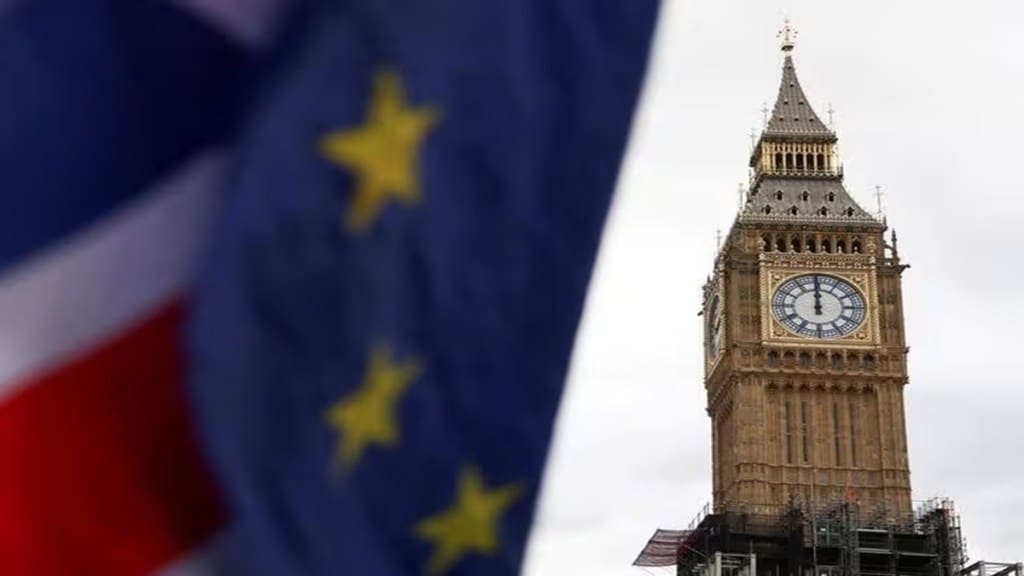By Subhakar Alapati
The election of a new British Prime Minister has ignited a blend of excitement and apprehension, particularly within the educational sector. For the thousands of Indian students who aspire to attend prestigious UK universities, this political shift brings a combination of hope and concern.
The longstanding educational ties between India and the UK have created a rich legacy of academic exchange and collaboration that continues to influence the aspirations of many Indian students.
Dating back to the colonial era, the educational bond between India and the UK has been strong, with numerous Indian scholars historically attending British universities. These scholars have significantly contributed to India’s intellectual and professional realms.
Post-independence, this tradition has persisted, with a continuous influx of Indian students seeking higher education in the UK. Over the years, various initiatives like the UK-India Education and Research Initiative (UKIERI) have been instrumental in fostering educational cooperation, enhancing academic exchanges, and solidifying bilateral relations.
Visa Regulations & Financial Considerations
Visa regulations are a primary concern for international students. The ease of obtaining a student visa significantly influences a student’s decision to study abroad. Previous UK administrations have made efforts to streamline the visa process, making it more accessible for international students.
The new administration’s stance on immigration will be closely watched. Will they continue to support these efforts, or will there be a tightening of regulations?
Given the significant contribution of international students to the UK economy, it is hoped that the new government will recognize the importance of maintaining an open and welcoming stance.
The UK remains a preferred destination for Indian students due to its renowned universities, diverse academic programs, and enriching cultural experiences; however, pursuing education in the UK is a substantial financial undertaking.
Tuition fees for international students can range from £11,400 to £38,000 annually, with specialized courses like medicine reaching up to £67,892. Cities like London, Birmingham, and Manchester offer vibrant student lifestyles but come with higher living costs.
Effective financial management is crucial, and it is advisable for students to thoroughly explore accommodation options that align with their budgets.
Opportunities After Graduation
A significant draw for Indian students in the UK is the post-study work visa, allowing graduates to remain in the UK for up to two years to gain work experience. This opportunity is not only invaluable for professional growth but also aids in mitigating educational expenses. The future of this visa under the new administration is crucial, as restrictive changes could deter potential students.
The UK job market offers promising opportunities in finance, technology, healthcare, and creative industries. Indian students, known for their strong academic and professional skills, are a significant asset to these sectors. The new government needs to continue supporting policies that allow for the smooth integration of international graduates into the workforce.
As we witness these changes, the decisions of the new British Prime Minister will profoundly impact the academic and professional futures of Indian students in the UK. The hope is that the new administration will recognize the importance of maintaining and enhancing the policies that make the UK a welcoming and beneficial place for international students.
(Author is Founder Director, Global Tree Careers)
Disclaimer: Views expressed are personal and do not reflect the official position or policy of FinancialExpress.com. Reproducing this content without permission is prohibited.


